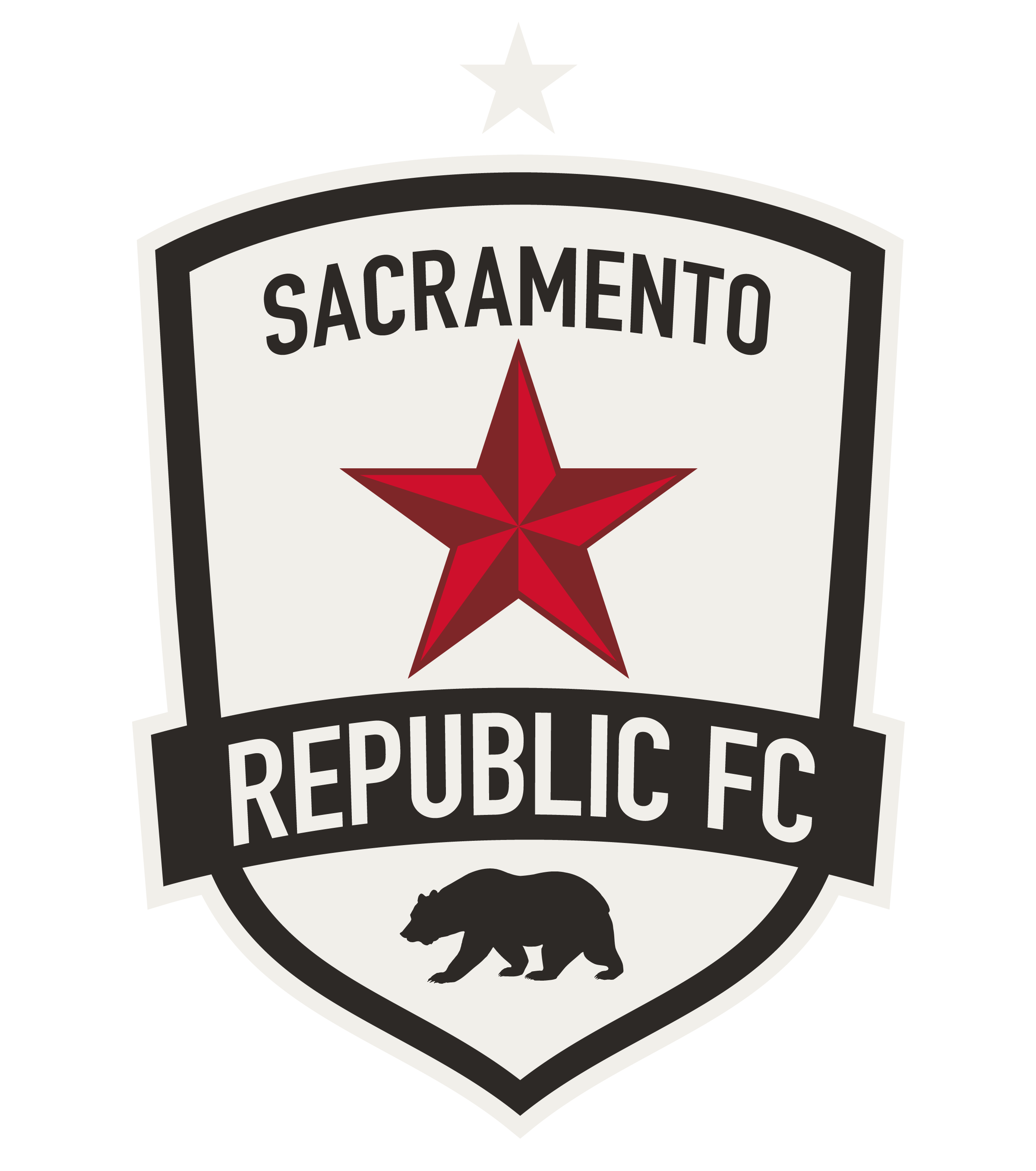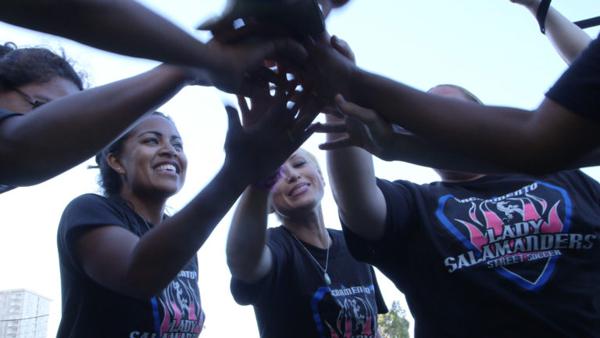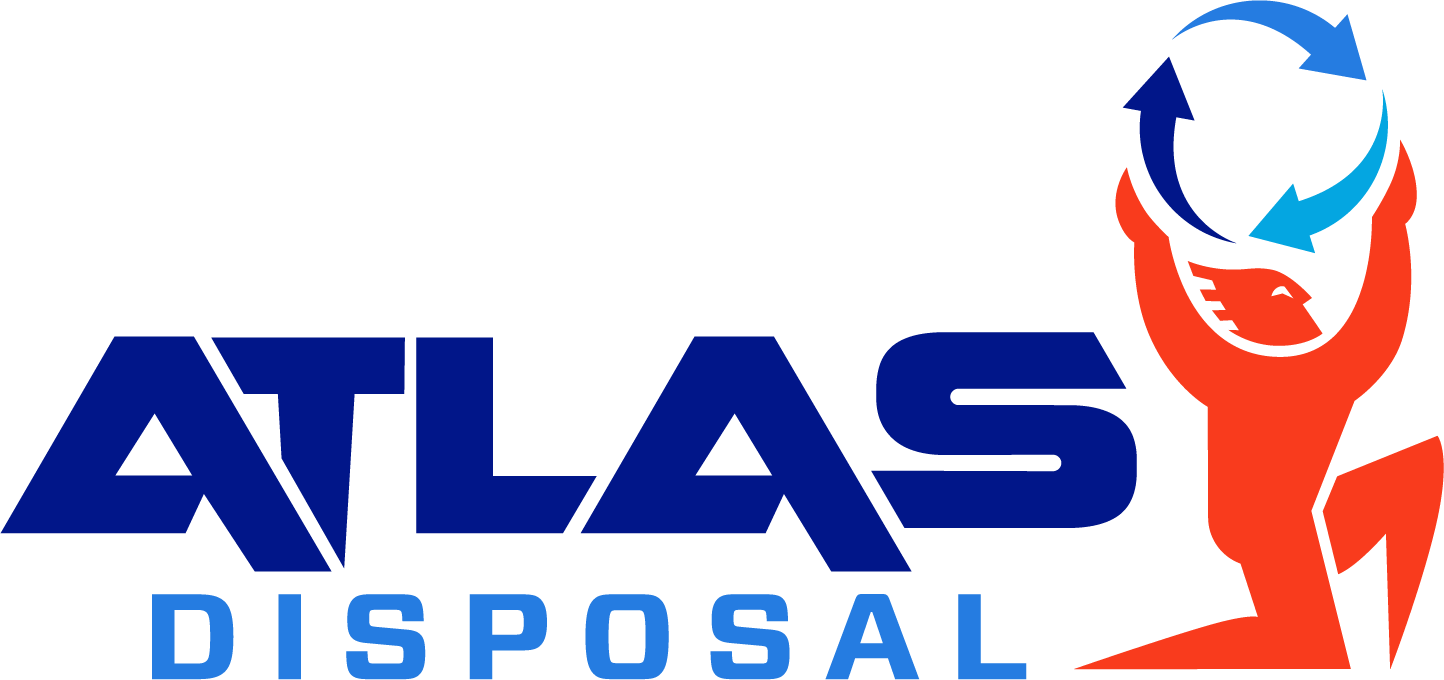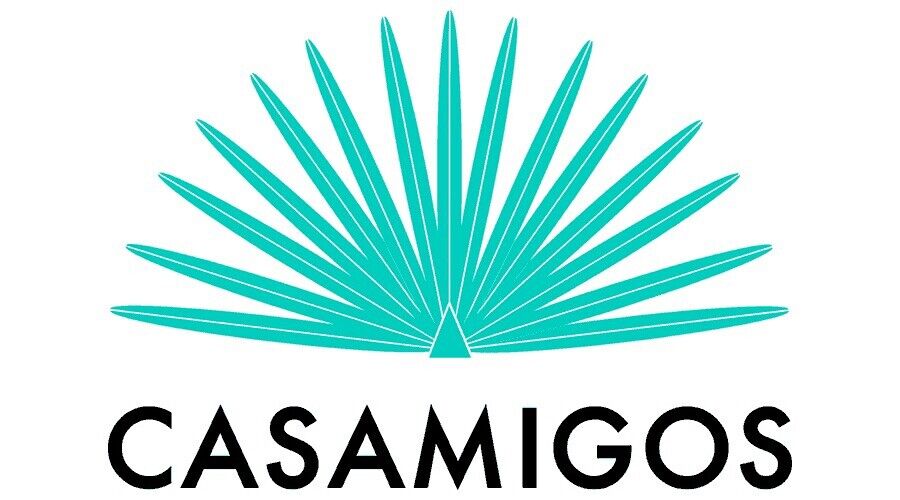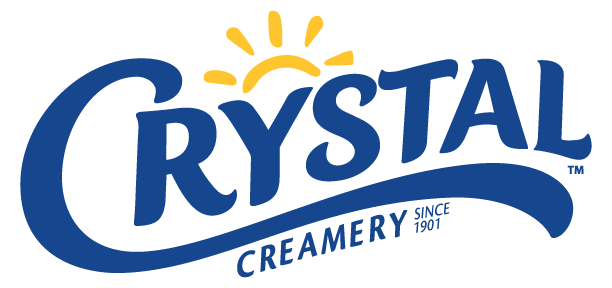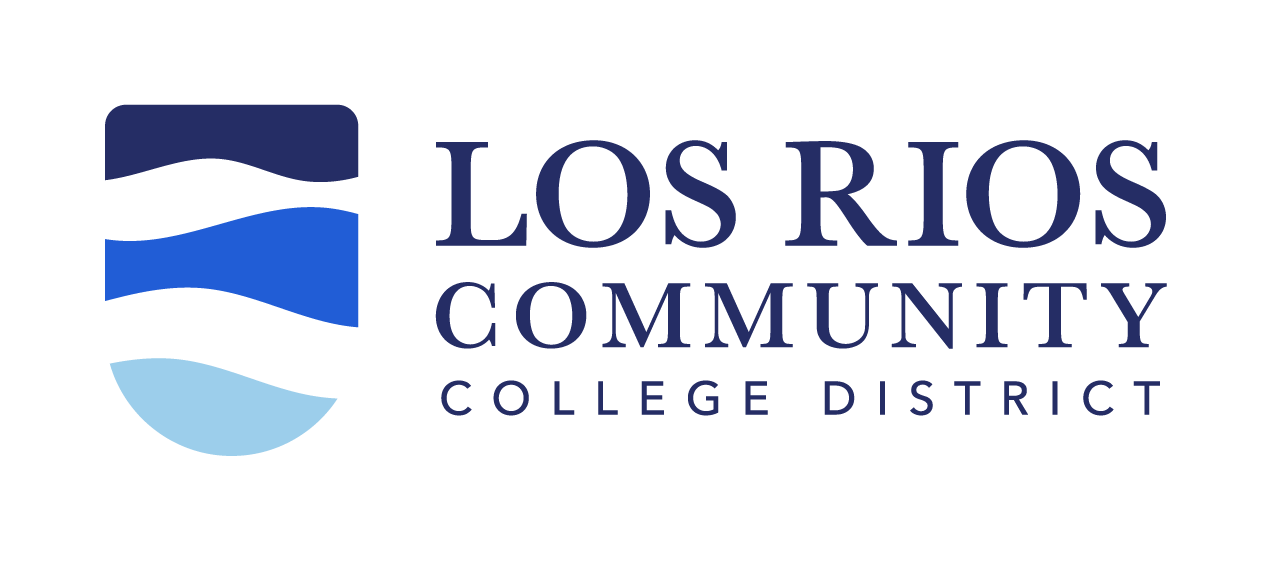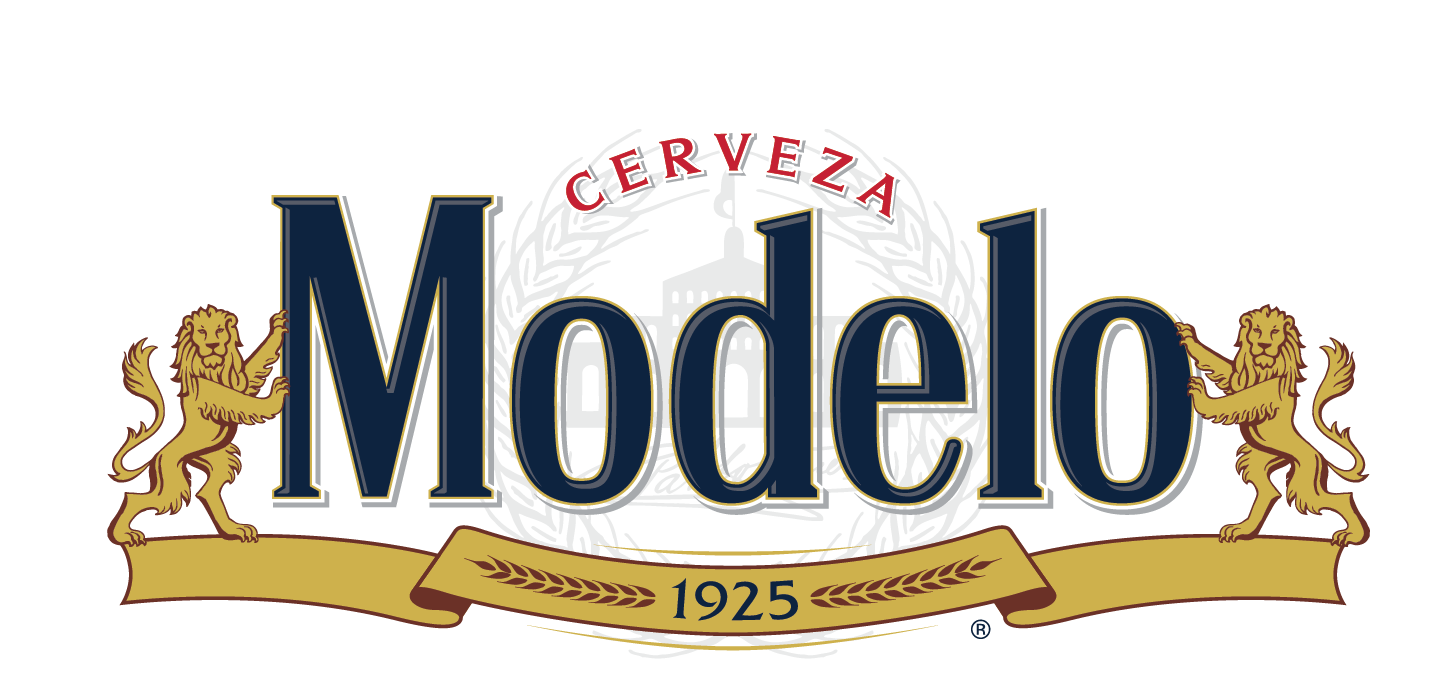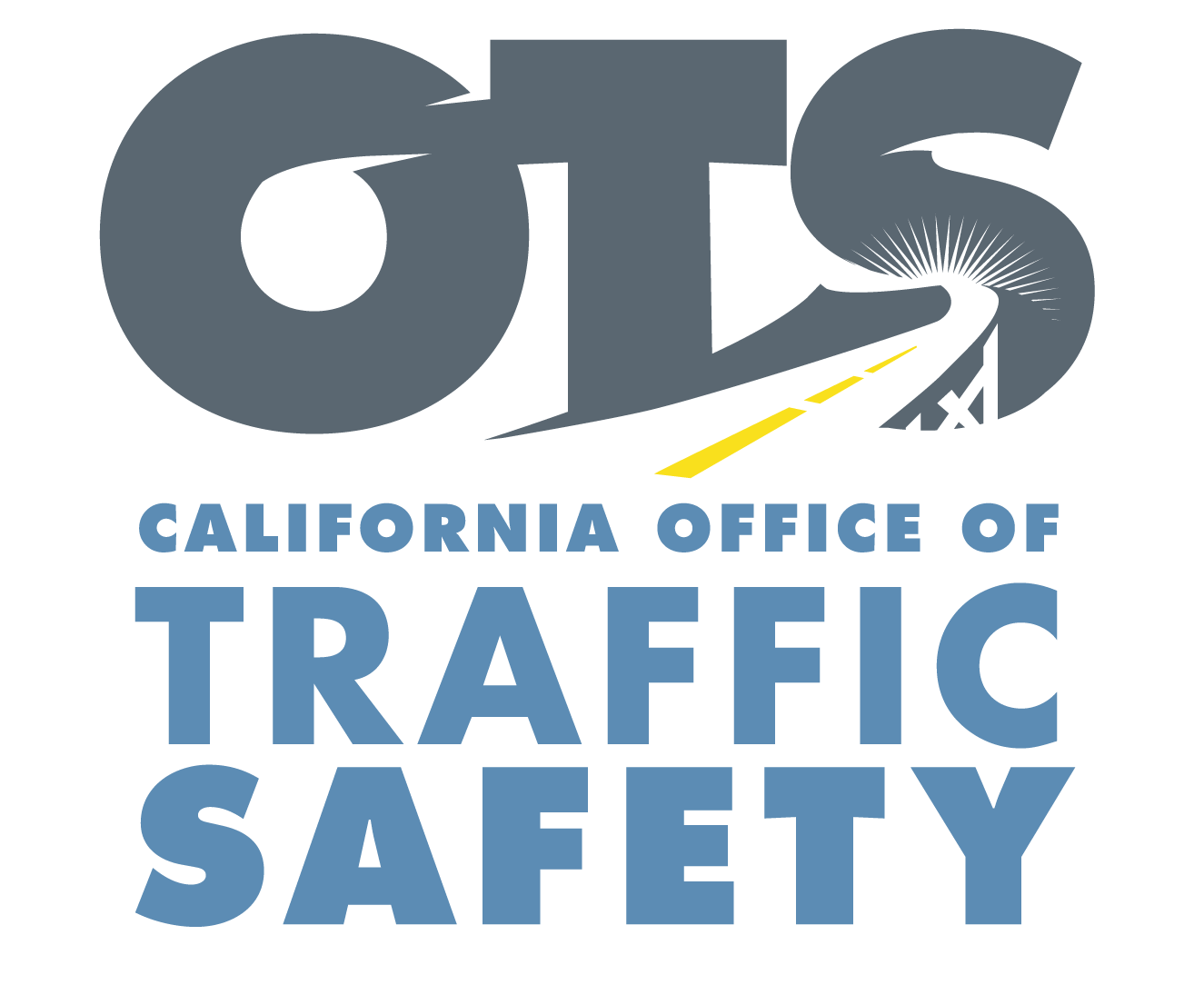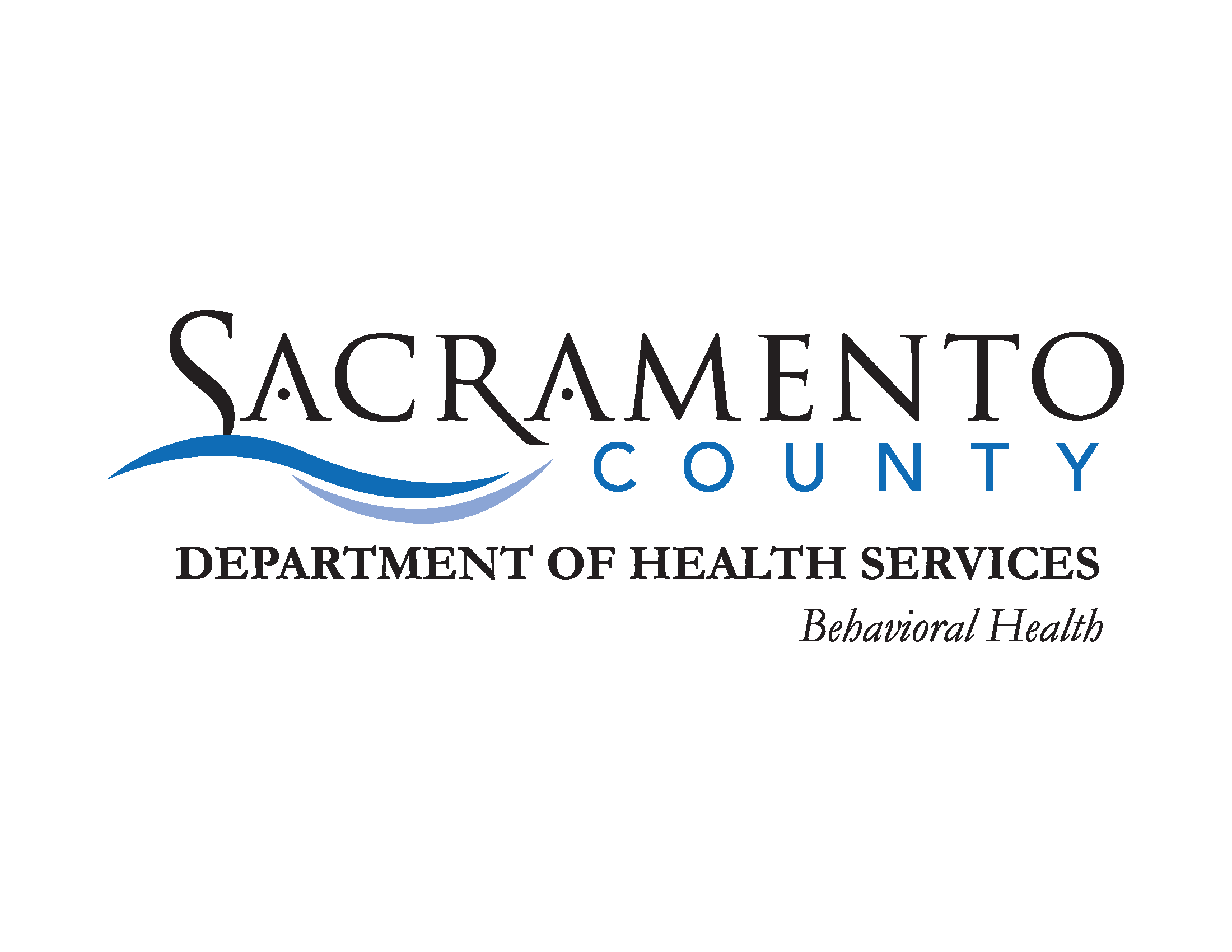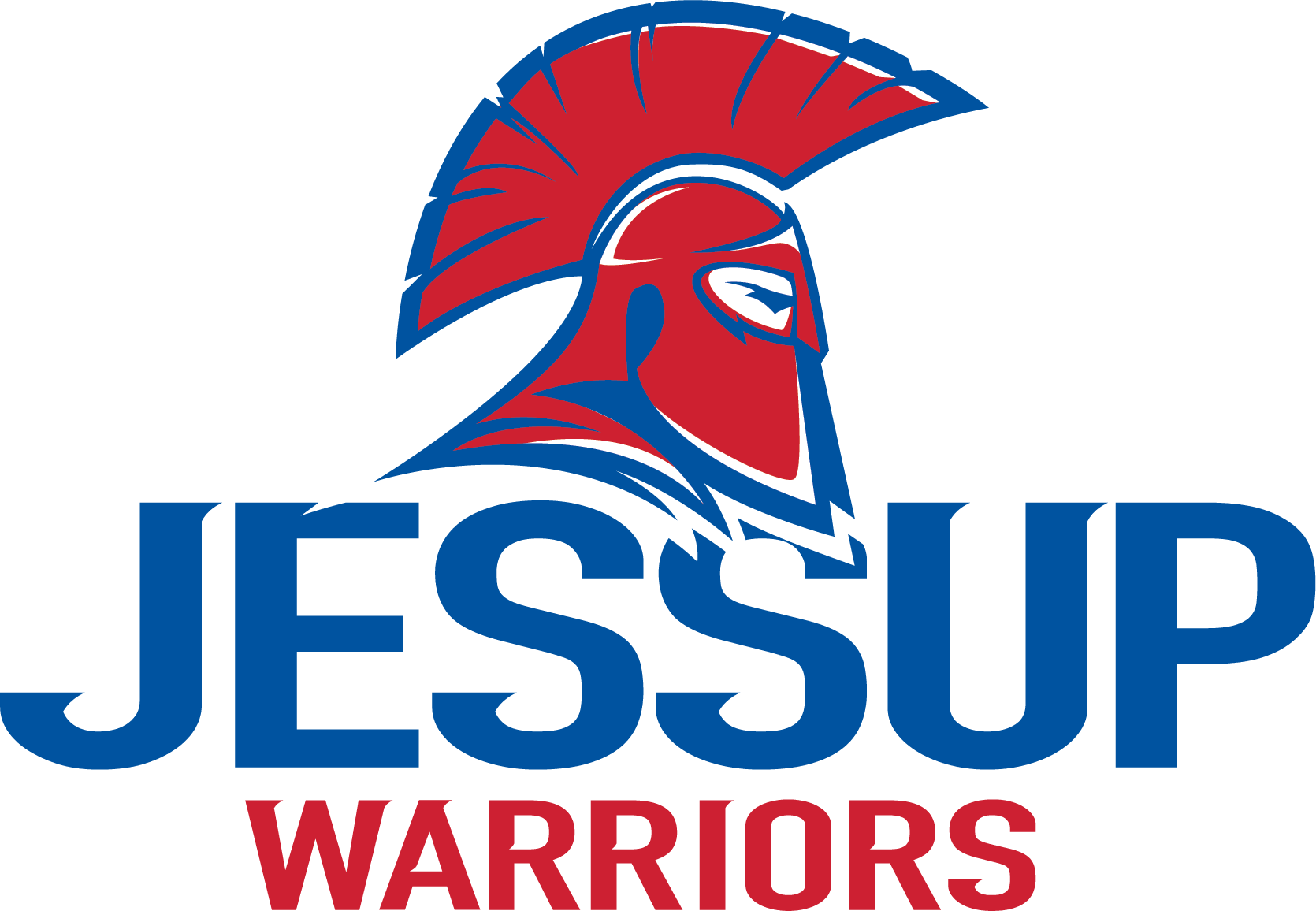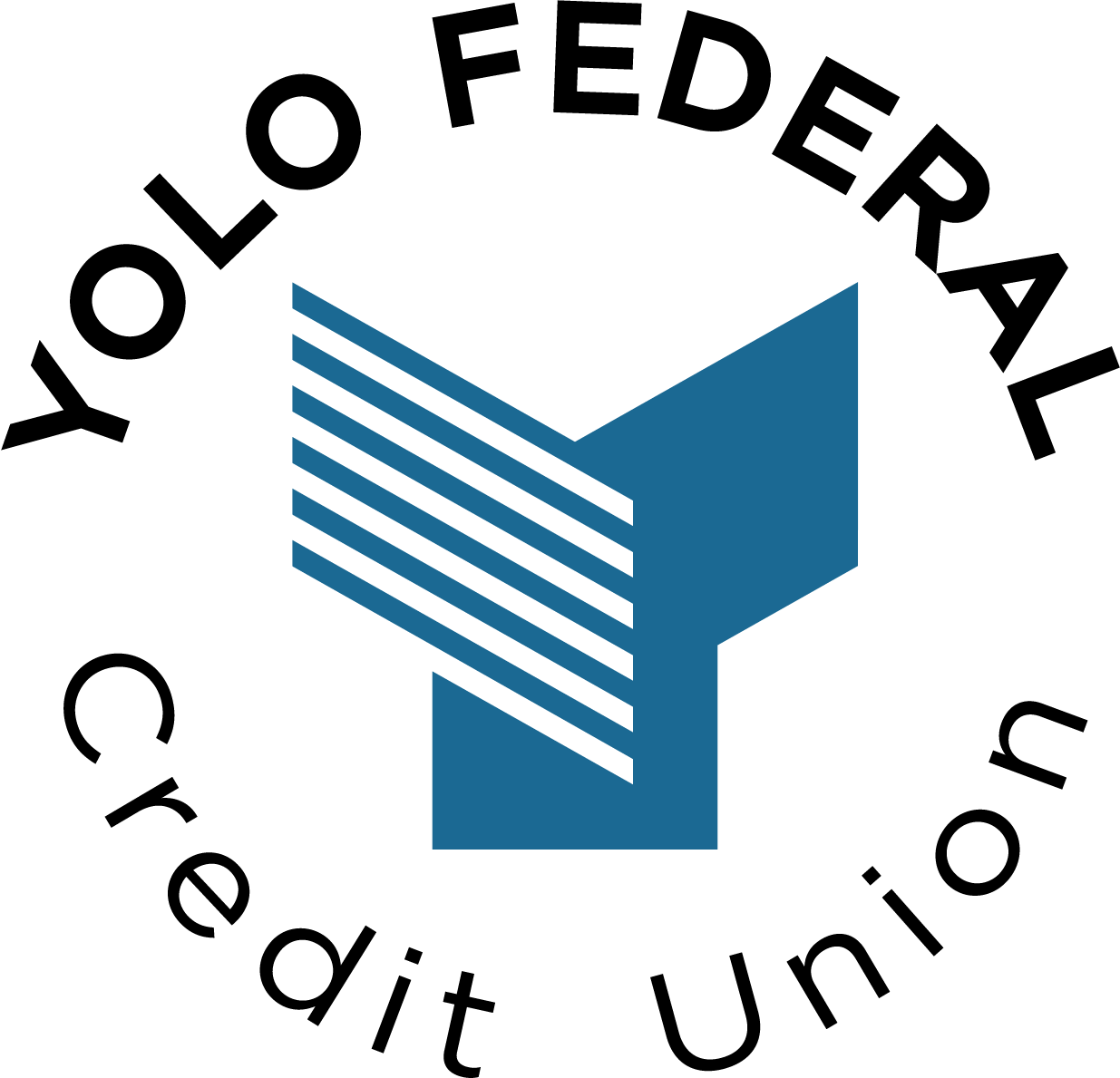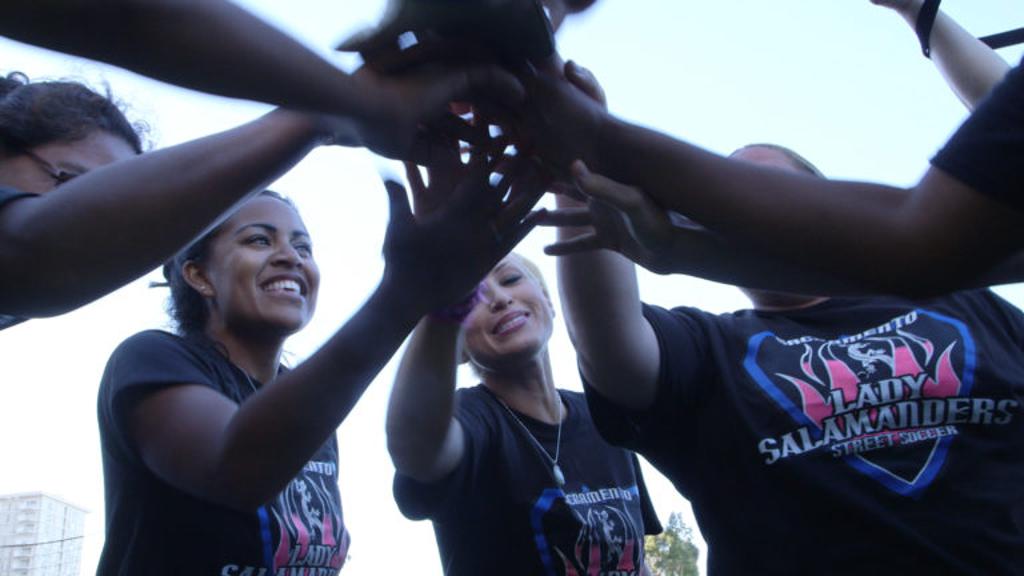
In 2009, Lisa Wrightsman and Tiffany Fraser couldn’t be in more opposite places in life.
Fraser, a college senior, worked diligently to complete her Bachelor’s degree in Communications, while shining as an intern at Northwestern Mutual Financial Network and coaching soccer as a part-time gig. Meanwhile, Wrightsman sat in a jail cell in downtown Sacramento after her arrest for drug possession and trespassing.
However, the two—both former DI women’s soccer players at Sacramento State University –would meet by chance in 2011 and found they both, like Sacramento Republic FC, had a passion for making Sacramento a better place to live, work and play through the beautiful game.
“In Sacramento, we have a tremendous amount of momentum around soccer,” said Wrightsman in a recent Ted Talks. “It’s the connective tissue of our region.”
In 2009, Lisa Wrightsman and Tiffany Fraser couldn’t be in more opposite places in life.
Fraser, a college senior, worked diligently to complete her Bachelor’s degree in Communications, while shining as an intern at Northwestern Mutual Financial Network and coaching soccer as a part-time gig. Meanwhile, Wrightsman sat in a jail cell in downtown Sacramento after her arrest for drug possession and trespassing.
However, the two—both former DI women’s soccer players at Sacramento State University –would meet by chance in 2011 and found they both, like Sacramento Republic FC, had a passion for making Sacramento a better place to live, work and play through the beautiful game.
“In Sacramento, we have a tremendous amount of momentum around soccer,” said Wrightsman in a recent Ted Talks. “It’s the connective tissue of our region.”
Wrightsman grew up with a ball at her feet in Elk Grove and earned an athletic scholarship to Sacramento State, where she played from 1999-2002. On the pitch, Wrightsman thrived at Sacramento State with a standout college career—she became the second leading goal scorer in school history and was highly touted as one of the up and coming players expected to join Women’s United Soccer Association (WUSA), the first women’s professional soccer league in the world.
Earning her degree in Communications, Wrightsman trained with local semi-professional team the Elk Grove Pride, in preparation and in hopes of signing a contract with one of WUSA’s eight teams. Then, suddenly, WUSA folded in 2003, leaving Wrightsman’s career goals high and dry.
“In the interim of trying to stay fit for professional soccer and waiting for that to pick-up, I just wasn’t happy doing anything other than soccer,” said Wrightsman. “I ended up getting pretty heavily in drugs and alcohol.”
For the next six years, Wrightsman became increasingly dependent on drugs, unhappy and frustrated about her thwarted soccer career plans. Slowly, drinking and smoking pot led to painkillers and then to meth, which led to an arrest in 2009.
“I was a full-blown meth addict, in jail with nothing,” said Wrightsman, who in that jail cell, realized she needed to do something to turn her life around and go to rehab.
At the 90-day sober mark, Wrightsman transitioned from rehab to the Mather Community Campus of Sacramento, which provides transitional housing for the homeless. There, Wrightsman’s case manager happened to coach the Street Soccer Sacramento men’s team and invited her to play.
“I really resisted at first,” said Wrightsman about playing street soccer. “I felt I spent enough time in soccer. I just wanted to get a job and move on with my life.”
However, one day, Wrightsman reluctantly found herself at a practice, bringing a pair of battered cleats, one of her few possessions she hadn’t given away during the worst of struggles with addiction. Wrightsman found herself playing playing pick-up with a bunch of men who like herself, had found themselves in jail or prison. For the first time in a long time, Wrightsman felt at home and everything just started to click.
“I had fun for the first time in a long time,” said Wrightsman. “So I kept playing with them.”
Wrightsman grew up with a ball at her feet in Elk Grove and earned an athletic scholarship to Sacramento State, where she played from 1999-2002. On the pitch, Wrightsman thrived at Sacramento State with a standout college career—she became the second leading goal scorer in school history and was highly touted as one of the up and coming players expected to join Women’s United Soccer Association (WUSA), the first women’s professional soccer league in the world.
Earning her degree in Communications, Wrightsman trained with local semi-professional team the Elk Grove Pride, in preparation and in hopes of signing a contract with one of WUSA’s eight teams. Then, suddenly, WUSA folded in 2003, leaving Wrightsman’s career goals high and dry.
“In the interim of trying to stay fit for professional soccer and waiting for that to pick-up, I just wasn’t happy doing anything other than soccer,” said Wrightsman. “I ended up getting pretty heavily in drugs and alcohol.”
For the next six years, Wrightsman became increasingly dependent on drugs, unhappy and frustrated about her thwarted soccer career plans. Slowly, drinking and smoking pot led to painkillers and then to meth, which led to an arrest in 2009.
“I was a full-blown meth addict, in jail with nothing,” said Wrightsman, who in that jail cell, realized she needed to do something to turn her life around and go to rehab.
At the 90-day sober mark, Wrightsman transitioned from rehab to the Mather Community Campus of Sacramento, which provides transitional housing for the homeless. There, Wrightsman’s case manager happened to coach the Street Soccer Sacramento men’s team and invited her to play.
“I really resisted at first,” said Wrightsman about playing street soccer. “I felt I spent enough time in soccer. I just wanted to get a job and move on with my life.”
However, one day, Wrightsman reluctantly found herself at a practice, bringing a pair of battered cleats, one of her few possessions she hadn’t given away during the worst of struggles with addiction. Wrightsman found herself playing playing pick-up with a bunch of men who like herself, had found themselves in jail or prison. For the first time in a long time, Wrightsman felt at home and everything just started to click.
“I had fun for the first time in a long time,” said Wrightsman. “So I kept playing with them.”
Wrightsman traveled with the team to Washington, D.C. for the 2010 Street Soccer USA Cup in Washington, DC. The only woman on the team and one of the few players with experience with the sport, Wrightsman turned heads at the event and her performance earned her a place on the Street Soccer USA national team for the Homeless World Cup. Her story was quickly picked up by outlets like The New York Times and ESPN.
“The experience was really profound. For me before, I had a lot of shame, like ‘oh I messed my life up,’…and this was a space where I felt good about it,” said Wrightsman. “It was empowering. It opened my eyes to what my life could be if I just kept doing what I was doing.”
The 2010 Street Soccer USA National Cup combined with the 2010 Homeless World Cup—the first year there was a women’s tournament – motivated Wrightsman to come back to Sacramento and create an all-women’s team. Through her travels, she realized the level of play required to play didn’t need to be at a high level like college to empower individuals to make positive changes to their lives.
“I felt responsible to make [an experience like that] available for women,” said Wrightsman. “If they could have even an ounce of the motivation or insight I had, it would be worth it.”
From there, Wrightsman switched into overtime mode. Still living in transitional housing, Wrightsman began organizing practices for women in her shelter working with the goal to bring an all-women’s team to the 2011 Street Soccer USA National Cup.
The stars aligned late in 2010 for Wrightsman to meet Fraser, who also played at Sacramento State, albeit several years after Wrightsman. Playing from 2004-2009, Fraser stood out on and off the pitch, and despite being just a year out of college, had a strong background in activities like coaching and fundraising, areas Wrightsman struggled with in her quest to take a homeless women’s team to the Street Soccer USA National Cup.
“When I met Tiffany, I didn’t know what I was doing. I didn’t know how to coach, I didn’t have a job, I didn’t have any money, I didn’t have a car. I didn’t know how to fundraise,” said Wrightsman. “So when I met Tiffany, she was able to help with more the organizational side of things like the coaching, the fundraising.”
Fraser immediately saw the value of a street soccer program for women, which led them to name the team the “Lady Salamanders” after the Street Soccer USA program for women in partnership with Sheila Johnson. The Lady Salamander program was created specifically for women to participate in the Street Soccer USA National Cup and Homeless World Cup.
However, in the pair’s quest to bring their team of eight homeless women to the 2011 National Cup, unexpectedly they would find themselves setting new goals beyond just a National Cup. Among that year’s eight team members, Wrightsman and Fraser got to know the women and their children and grandchildren, nearly 30 in total.
“That for me really tipped the scale,” said Fraser about the program. “I remember one woman getting her children—five in total—back one at a time…and suddenly we could have the kids play against their parents. And they were forming family memories…and that was really powerful for me.”
“Our intentions never changed,” added Wrightsman. “But this started happening on it’s own, and it was really strong.”
As a result, Wrightsman and Fraser saw a new opportunity: They could use the beautiful game not just to change homeless women’s lives, but also their children’s lives and families. Over the course of the past five years as a result, Wrightsman and Fraser have worked tirelessly to grow Street Soccer USA in Sacramento.
For the pair of women who had a vision for what the Street Soccer USA Sacramento program could become, they needed to find a way to establish community and local support and began approaching local business owners. In their early years, though, they found it difficult to explain how soccer—in a city lacking a professional team—could have such a profound impact on some of the region’s most underserved residents.
Wrightsman traveled with the team to Washington, D.C. for the 2010 Street Soccer USA Cup in Washington, DC. The only woman on the team and one of the few players with experience with the sport, Wrightsman turned heads at the event and her performance earned her a place on the Street Soccer USA national team for the Homeless World Cup. Her story was quickly picked up by outlets like The New York Times and ESPN.
“The experience was really profound. For me before, I had a lot of shame, like ‘oh I messed my life up,’…and this was a space where I felt good about it,” said Wrightsman. “It was empowering. It opened my eyes to what my life could be if I just kept doing what I was doing.”
The 2010 Street Soccer USA National Cup combined with the 2010 Homeless World Cup—the first year there was a women’s tournament – motivated Wrightsman to come back to Sacramento and create an all-women’s team. Through her travels, she realized the level of play required to play didn’t need to be at a high level like college to empower individuals to make positive changes to their lives.
“I felt responsible to make [an experience like that] available for women,” said Wrightsman. “If they could have even an ounce of the motivation or insight I had, it would be worth it.”
From there, Wrightsman switched into overtime mode. Still living in transitional housing, Wrightsman began organizing practices for women in her shelter working with the goal to bring an all-women’s team to the 2011 Street Soccer USA National Cup.
The stars aligned late in 2010 for Wrightsman to meet Fraser, who also played at Sacramento State, albeit several years after Wrightsman. Playing from 2004-2009, Fraser stood out on and off the pitch, and despite being just a year out of college, had a strong background in activities like coaching and fundraising, areas Wrightsman struggled with in her quest to take a homeless women’s team to the Street Soccer USA National Cup.
“When I met Tiffany, I didn’t know what I was doing. I didn’t know how to coach, I didn’t have a job, I didn’t have any money, I didn’t have a car. I didn’t know how to fundraise,” said Wrightsman. “So when I met Tiffany, she was able to help with more the organizational side of things like the coaching, the fundraising.”
Fraser immediately saw the value of a street soccer program for women, which led them to name the team the “Lady Salamanders” after the Street Soccer USA program for women in partnership with Sheila Johnson. The Lady Salamander program was created specifically for women to participate in the Street Soccer USA National Cup and Homeless World Cup.
However, in the pair’s quest to bring their team of eight homeless women to the 2011 National Cup, unexpectedly they would find themselves setting new goals beyond just a National Cup. Among that year’s eight team members, Wrightsman and Fraser got to know the women and their children and grandchildren, nearly 30 in total.
“That for me really tipped the scale,” said Fraser about the program. “I remember one woman getting her children—five in total—back one at a time…and suddenly we could have the kids play against their parents. And they were forming family memories…and that was really powerful for me.”
“Our intentions never changed,” added Wrightsman. “But this started happening on it’s own, and it was really strong.”
As a result, Wrightsman and Fraser saw a new opportunity: They could use the beautiful game not just to change homeless women’s lives, but also their children’s lives and families. Over the course of the past five years as a result, Wrightsman and Fraser have worked tirelessly to grow Street Soccer USA in Sacramento.
For the pair of women who had a vision for what the Street Soccer USA Sacramento program could become, they needed to find a way to establish community and local support and began approaching local business owners. In their early years, though, they found it difficult to explain how soccer—in a city lacking a professional team—could have such a profound impact on some of the region’s most underserved residents.
However, when they met Republic FC President and Co-Founder Warren Smith and other club executives early in 2013, the conversations began to change and the two organizations found they had the same vision for how Sacramento could be transformed through the beautiful game.
“It was an organic fit that just felt right. We were all on board, and didn’t have a shadow of a doubt about it,” said Fraser.
The two organizations teamed up for the 2013 Sacramento Soccer Day where Republic FC unveiled both their name and crest and have been working together ever since.
The Street Soccer USA Lady Salamander program in Sacramento has been extremely successful on and off the pitch, with 90 percent of their participants in the past five years maintaining sobriety and staying enthusiastic about life. Another 75 percent of participants have used Street Soccer USA’s goal setting programs to receive an education, jobs and housing. Members from the program have also followed in Wrightsman’s footsteps and have played in the Homeless World Cup. Most recently in May, the Sacramento Lady Salamanders won their first-ever Street Soccer USA Women’s National Cup title at the foot of the “Rocky Steps” in Philadelphia.
However, when they met Republic FC President and Co-Founder Warren Smith and other club executives early in 2013, the conversations began to change and the two organizations found they had the same vision for how Sacramento could be transformed through the beautiful game.
“It was an organic fit that just felt right. We were all on board, and didn’t have a shadow of a doubt about it,” said Fraser.
The two organizations teamed up for the 2013 Sacramento Soccer Day where Republic FC unveiled both their name and crest and have been working together ever since.
The Street Soccer USA Lady Salamander program in Sacramento has been extremely successful on and off the pitch, with 90 percent of their participants in the past five years maintaining sobriety and staying enthusiastic about life. Another 75 percent of participants have used Street Soccer USA’s goal setting programs to receive an education, jobs and housing. Members from the program have also followed in Wrightsman’s footsteps and have played in the Homeless World Cup. Most recently in May, the Sacramento Lady Salamanders won their first-ever Street Soccer USA Women’s National Cup title at the foot of the “Rocky Steps” in Philadelphia.
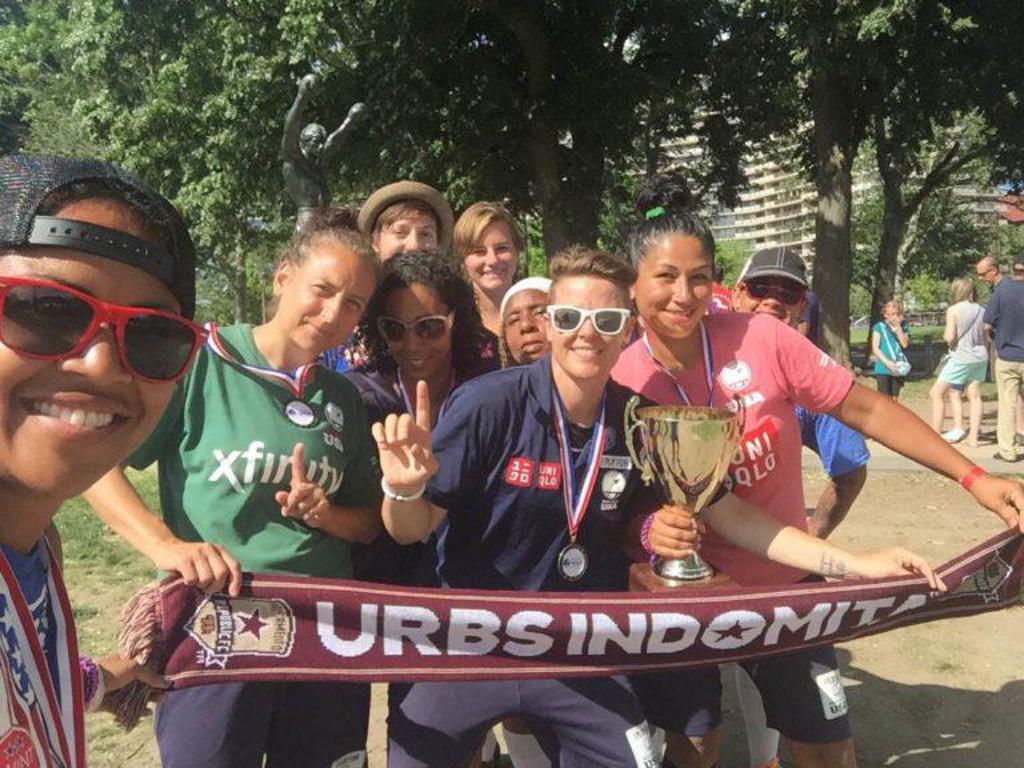
This year, Wrightsman and Fraser are taking their efforts to the next level and working with Street Soccer USA to establish a full chapter model of the program. In working with Street Soccer USA, they have been able to bring on 11 board members to oversee the growth and development of the program which includes starting a community based club for underserved youth in addition to the Lady Salamander program for women and the program for young adult men.
“We are honored to work with Warren Smith, the Republic and our 10 other board members in Sacramento,” said Street Soccer USA Chief Operating Officer Rob Cann. “The foundation of success that Lisa and Tiffany have built with the support of the community have us poised to expand our reach and impact this year. Street Soccer USA is giving access to the game to those who need it the most; it is a cost effective way to create major social change.”
“Sacramento is in an exciting state of reinvention, transformation, development and allowing individuals to emerge as their true selves; soccer has provided me a space for all of these things and continues to be a place of opportunity and growth,” added Wrightsman. “We can’t wait to make sure everyone in this community has access to these spaces and opportunities.”
To learn more about Street Soccer USA and the Lady Salamander’s initiative, visit StreetSoccerUSA.org.
This year, Wrightsman and Fraser are taking their efforts to the next level and working with Street Soccer USA to establish a full chapter model of the program. In working with Street Soccer USA, they have been able to bring on 11 board members to oversee the growth and development of the program which includes starting a community based club for underserved youth in addition to the Lady Salamander program for women and the program for young adult men.
“We are honored to work with Warren Smith, the Republic and our 10 other board members in Sacramento,” said Street Soccer USA Chief Operating Officer Rob Cann. “The foundation of success that Lisa and Tiffany have built with the support of the community have us poised to expand our reach and impact this year. Street Soccer USA is giving access to the game to those who need it the most; it is a cost effective way to create major social change.”
“Sacramento is in an exciting state of reinvention, transformation, development and allowing individuals to emerge as their true selves; soccer has provided me a space for all of these things and continues to be a place of opportunity and growth,” added Wrightsman. “We can’t wait to make sure everyone in this community has access to these spaces and opportunities.”
To learn more about Street Soccer USA and the Lady Salamander’s initiative, visit StreetSoccerUSA.org.


























































































































































































































































































